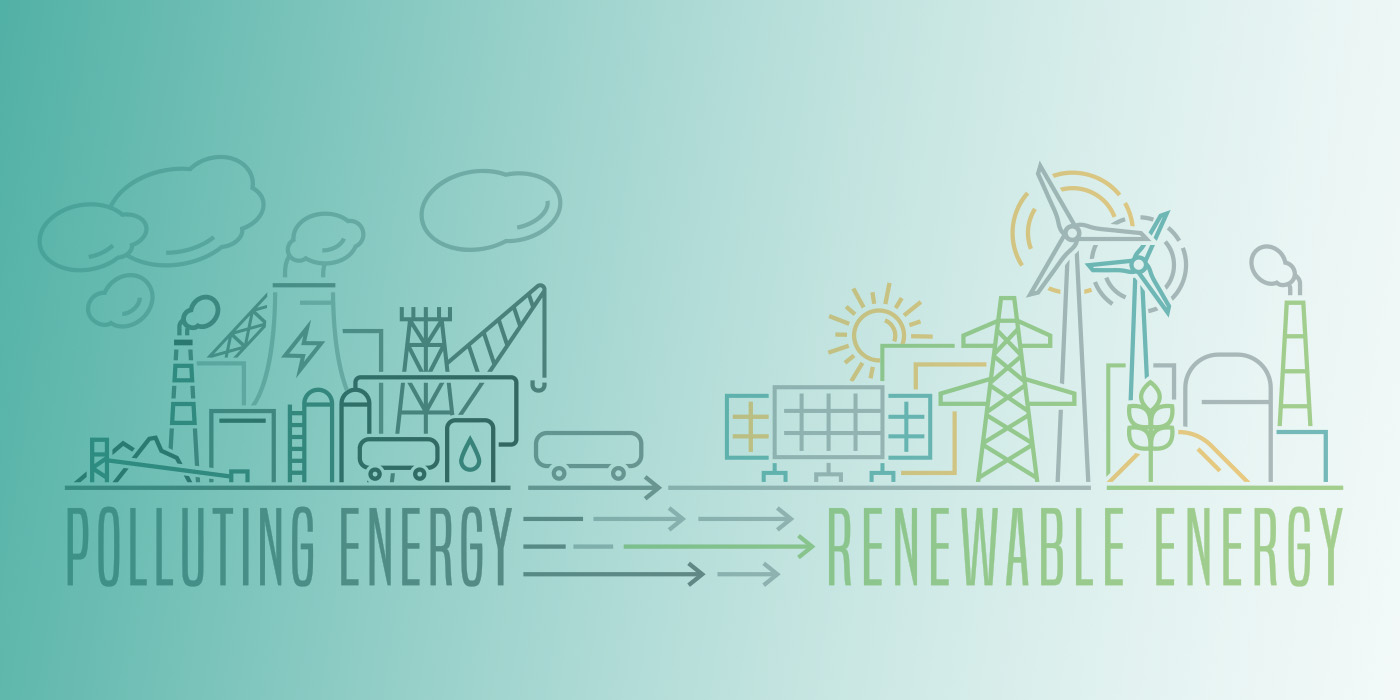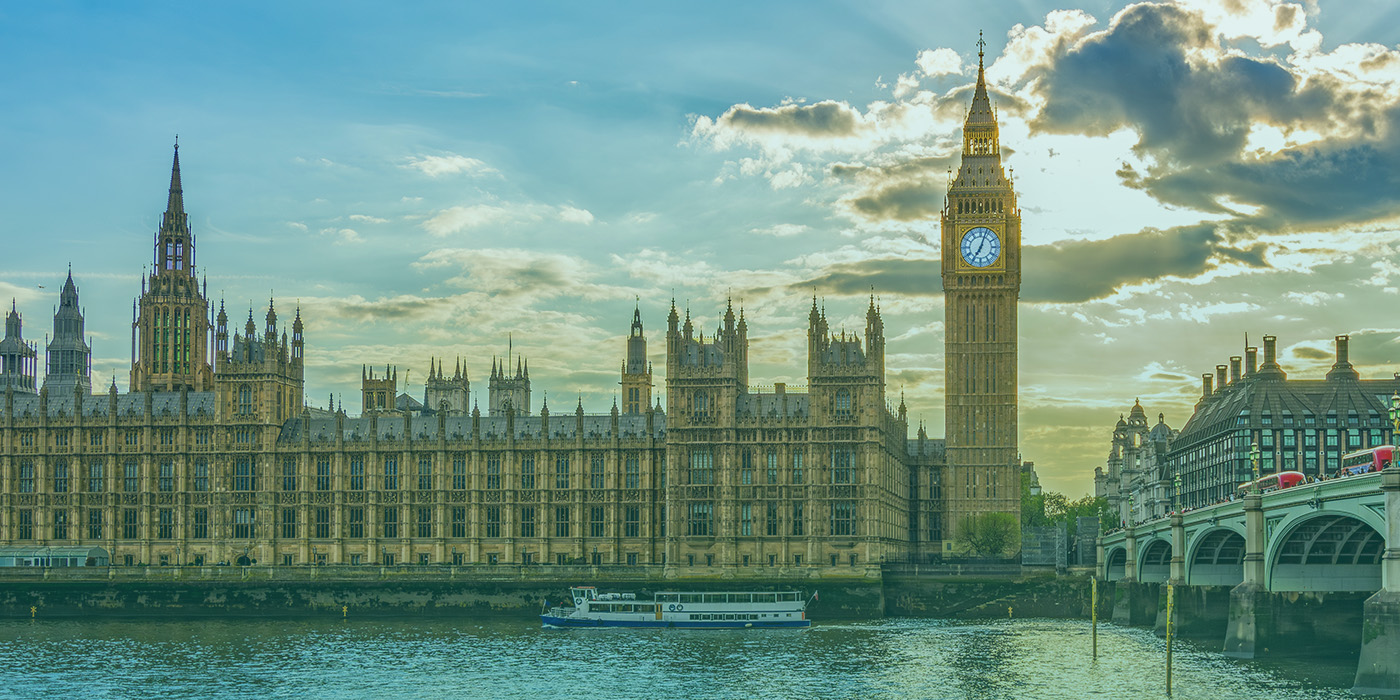As the UK transitions towards a low-carbon economy, the concept of a “just transition” has become increasingly significant. At its heart, a just transition ensures that the shift to sustainability is fair, inclusive, and considerate of the economic and social impacts on workers, communities, and vulnerable groups. For businesses, this presents both a challenge and an opportunity to play a leading role in shaping an equitable, sustainable future.

What is a Just Transition?
A just transition addresses the human aspects of moving towards a greener economy. It recognises that while decarbonisation and innovation are essential, they must be achieved in a way that minimises negative impacts on those most vulnerable to economic disruption. This includes retraining workers for emerging industries, creating accessible green jobs, and ensuring that the benefits of sustainable practices reach every corner of society.
The principle is simple yet vital: the costs of the green transition should not fall disproportionately on those least able to bear them, while the benefits must be shared equitably among all sectors of society.

Challenges to Achieving a Just Transition
Despite increasing awareness, the pathway to a just transition is far from straightforward. Several challenges need to be addressed to ensure no one is left behind:
The need for proactive measures is pressing. Without them, there is a risk of economic dislocation in regions reliant on carbon-intensive industries and a growing sense of “transition poverty” among those unable to afford the rising costs associated with the shift to net zero.

The Role of Businesses
Businesses have a unique opportunity to lead and enable a just transition, particularly by working closely with energy providers and consultants to develop sustainable, inclusive strategies. Here are some key areas where businesses can make an impact:
Businesses should actively engage with energy providers or sustainability consultants to understand their energy consumption patterns and explore ways to transition to cleaner, more efficient solutions. Experts can guide businesses in adopting renewable energy sources, improving energy efficiency, and identifying opportunities for government support or grant funding.
Such partnerships can also provide businesses with insights into reducing energy costs while contributing to broader sustainability goals, ensuring financial and environmental benefits are shared across their workforce and communities.
Industries undergoing transformation must prioritise reskilling programmes to equip workers with the skills needed for green jobs. Collaborating with consultants and educational institutions can help design targeted training initiatives that align with industry demands, ensuring workers can transition seamlessly into emerging roles.
Retention-focused policies, such as continuous training and upskilling, not only mitigate risks but also build resilience within the workforce, fostering loyalty and adaptability.
Setting measurable social value targets tailored to specific locations and industries enables businesses to deliver tangible benefits where they are needed most. Partnering with local governments and community groups to develop infrastructure, training programmes, and support schemes can stimulate economic development and create long-term value.
For example, community-based renewable energy projects not only reduce emissions but also empower local residents to take ownership of their energy consumption, spreading the benefits of sustainability.
Employers can encourage sustainable behaviours among their workforce by offering green travel incentives, energy-efficient workplace initiatives, or cost-of-living support. Programmes like bike-to-work schemes or subsidies for energy-efficient home upgrades empower employees to make environmentally conscious choices without financial strain.
A just transition requires that new green jobs are accessible to a diverse workforce. Businesses can achieve this by removing unnecessary barriers such as industry-specific experience requirements and instead focusing on transferable skills. Actively encouraging applications from underrepresented groups further promotes equity in the low-carbon economy.

Engaging with the Community
A just transition isn’t just about internal practices—it extends to how businesses engage with their wider communities. This might involve funding local sustainability initiatives, supporting educational outreach, or facilitating public workshops on energy efficiency and green technology. By involving the community in their sustainability journey, businesses can foster trust and demonstrate their commitment to a fair and inclusive transition.

The Role of Government
While businesses have a significant role to play, government support is essential to addressing systemic challenges. Programmes like the Great British Insulation Scheme and Green Jobs Taskforce are steps in the right direction, but more targeted efforts are needed to bridge funding gaps and prioritise vulnerable households and regions.
Businesses can advocate for stronger policy measures by collaborating with energy providers and consultants to identify areas where additional government intervention is needed. This collaborative approach ensures that decarbonisation policies are both effective and equitable.

Building a Sustainable Future
A just transition is more than a moral imperative—it is a practical necessity for long-term economic and social stability. Businesses that actively embrace this ethos will not only future-proof their operations but also build stronger relationships with employees, customers, and communities.
By working closely with energy providers, consultants, and local stakeholders, businesses can navigate the complexities of the net zero transition while ensuring that the benefits are shared widely and fairly. Together, we can create a sustainable future that leaves no one behind.
At Inteb, we are dedicated to supporting businesses in this journey, providing expert guidance to balance sustainability goals with economic and social priorities. Let’s shape a fairer, greener future—together.